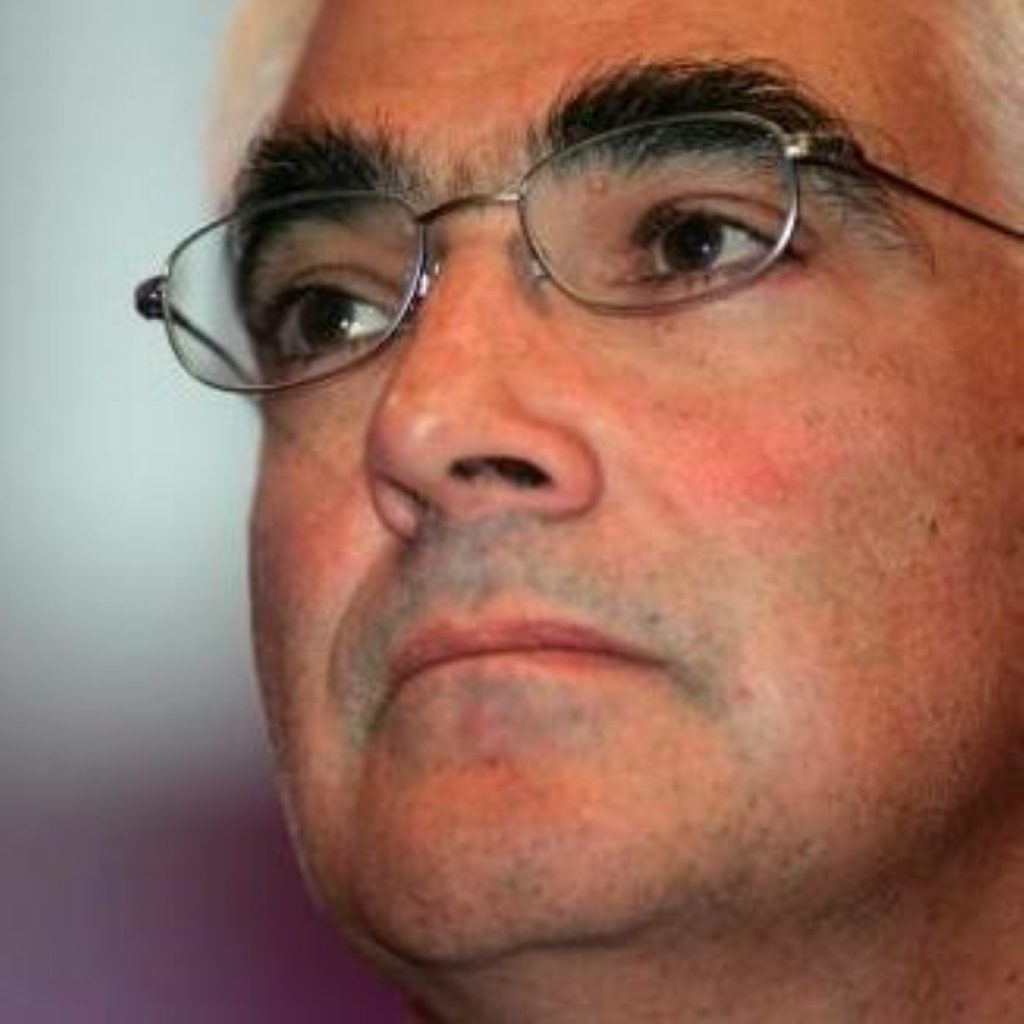Darling in talks over 48-hour week
Trade and industry secretary Alistair Darling is in discussions over plans to end the UK’s right to opt out of the 48-hour maximum working week.
Changes to the current legislation have been tabled by the Finnish government and, if they are passed, UK workers could be restricted to working no more than 48 hours.
Currently British workers can opt out of parts of the legislation, allowing them to work up to 70 hours a week.
“The opt-out is important and it’s important to give people the right to choose,” a Department of Trade and Industry spokeswoman told politics.co.uk.


“But we want to work with the member states to find a text that’s acceptable to all.”
The Finnish government, current holder of the EU presidency, would reduce this maximum to 60 hours and include a timetable to review the opt-out in future with the aim of ending it entirely.
And these proposals put the UK’s “vital” ability to use a flexible workforce at risk, employers have said.
“The ability to opt out of the 48-hour working week rules imposed by the Working Time Directive is vital to both individuals in the UK and the economy as a whole,” said John Cridland, the deputy director-general of the Confederation of British Industry (CBI).
“Just as nobody should be forced to work more than 48 hours in a week, anyone who willingly chooses to should be allowed.
“This must be regarded as a basic right for UK citizens. It is essential that the government sticks to its guns and protects the opt-out.”
Alan Tyrrell, national employment chairman of the Federation of Small Businesses (FSB), added: “The government cannot afford to sell-out the interests of small firms to simply mollify other European Union member states.
“Alistair Darling should carry on the fight in Brussels defending the interests of British businesses.
“Surrendering the opt-out would be equivalent to abandoning British businesses but so would allowing it to be watered down with tons more red tape. Alistair Darling must fight for the interests of UK small firms and the millions of people they employ.”
However, trade unions are less convinced of the necessity of the UK’s opt-out.
“Ministers tell us that keeping the opt-out is essential to the UK’s economic success, but these figures hole that argument below the waterline,” said TUC general secretary Brendan Barber.
“The truth is that long working hours are already in decline – not fast enough for sure – but [there] is still a marked trend, particularly in the private sector.
“And most of those still working more than 48 hours a week either have the kind of jobs that are not covered by European rules, only work a little over the limit or will not have to change their hours because of new flexibilities introduced by any likely European deal.”
The Finnish would not see the 48-hour working week strictly imposed for each week, but averaged over a period of up to 12 months.
For states enforcing the opt-out, the 60-hour working week would be averaged over three months.
Additionally, workers would have to agree to opt out and be able to change their mind at any point in the next three months without being penalised.









